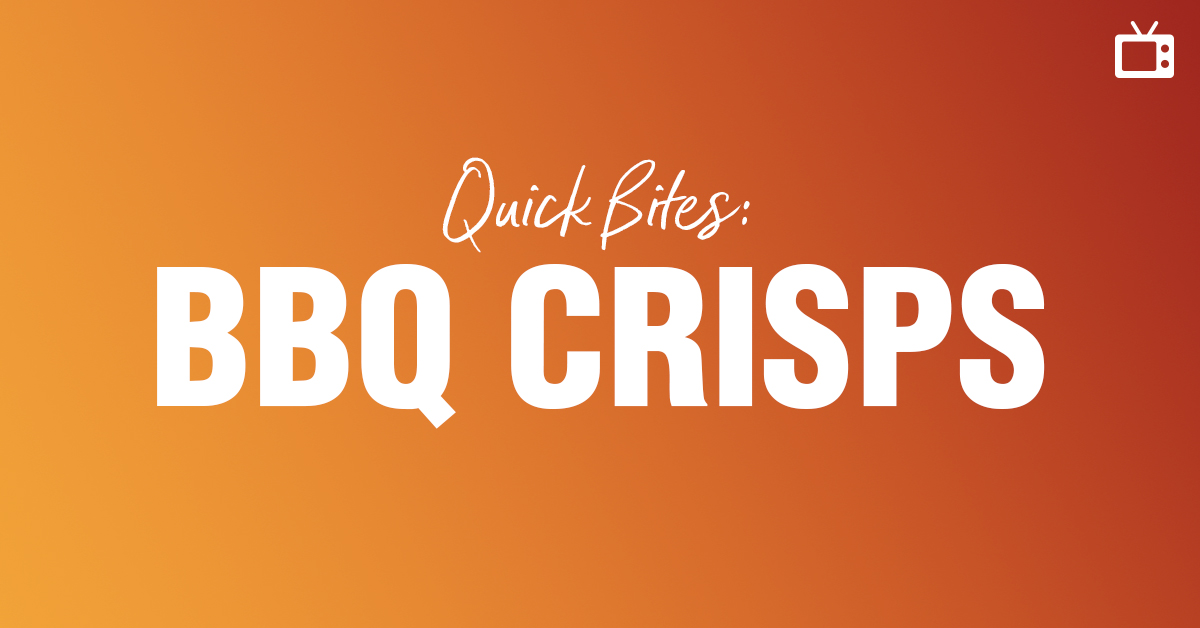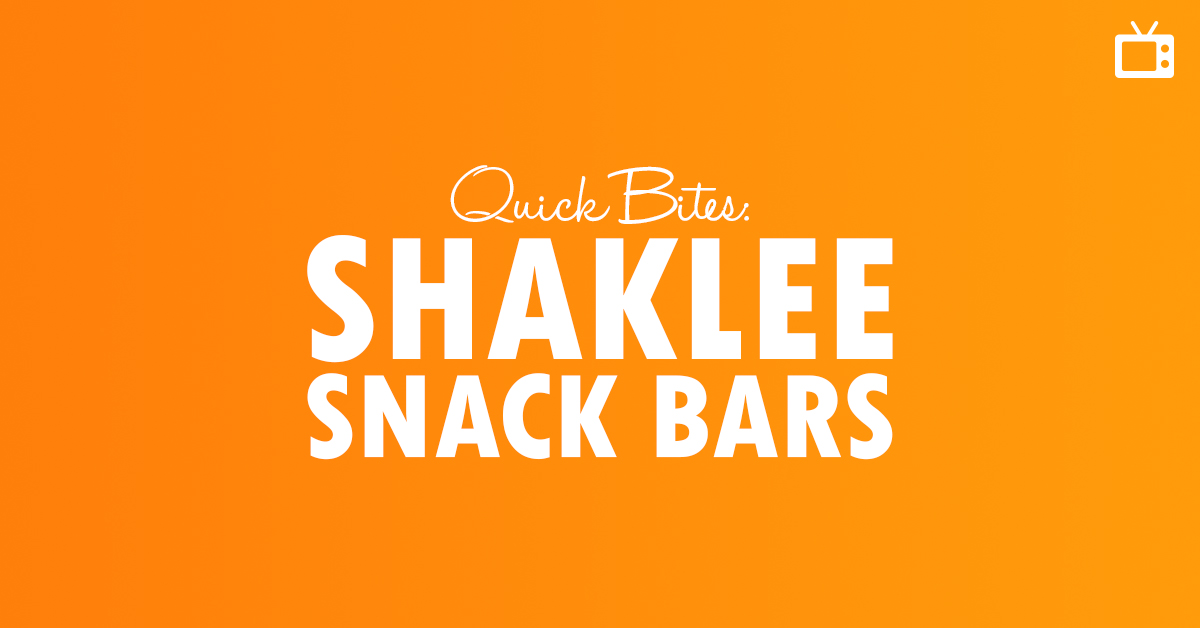When ‘PTA’ means ‘Parents to Avoid’
Category: Wealth Creation

Does the supplier of your business truly prioritize and value you? If you’ve ever signed a contract to become an “independent distributor” of a product manufacturer, they become your “parent company“. You’re in business for yourself, and they become the chief supplier of goods or services for you to market (usually through a network marketing or multi-level business model).
Are they conscientious and caring like TV parents
Clair Huxtable and Carol Brady?

Or, are they dysfunctional and neglectful like cartoon parents
Homer Simpson and Peter Griffin?
How can you tell?
Most home-based business owners choose a parent company from little more than what they’ve heard, their personal experience of the products, and/or the exciting potential of the business opportunity. But when doing their due diligence before signing on the dotted line… how many entrepreneurs consider the ownership of the parent company before jumping aboard.

Is your parent company (the supplier of product lines you’re representing with your good name) a publicly traded or privately owned company? Why does this matter?
Well, What if everyone invested in your parent company is Not rowing in the same direction as you?

Product Suppliers that are publicly traded on stock exchanges sell shares of ownership in their business to raise money.
Shares may be purchased by investors who have no real connection to the products, customers, employees, or independent distributors. Why does this matter?
Risk Management.

Dedicated Small Business owners put their heart and soul into building a legitimate enterprise that can support their families. Career-minded Independent Distributors want to create an ongoing stream of residual income they can pass on to their children or to charity. The last thing any entrepreneur needs to worry about is the value, and solvency, of the parent company which they depend upon.

With a publicly owned company, shares can be purchased by those with no higher motive than profit. The ‘value’ of a publicly owned manufacturer to the market is perceived by it’s stock price. The stock price can be influenced by any number of factors that have nothing to do with the products, the customers, or the company’s financial statements. An unusually volatile stock price can indicate uncertainty in a company and raise doubt about its viability.

In today’s commodities trading, individual investors can purchase small numbers of shares, and institutional investors can purchase huge blocks of shares.
Trading volume affects the stock price. If a hedge fund, or portfolio manager, decides to buy or sell a large number of shares, for whatever reason, this can make the actual share price jump up or down.

Another factor that can affect stock price is public perception of the safety and/or quality of the products or business. Bad press, government investigations, lawsuits, etc., can all bring share value down. Why worry about this when no one can predict what will get reported? Because, that’s not entirely true.
Brokers of wealthy investors are paid to make money for their clients. Hedge Funds are created to play both ends against the middle… they ‘hedge’ their bets. They seek to make money whether the market is going up or down. They frequently use a process called ‘shorting’. This is essentially a bet that a stock price will go down, instead of up, in the near future. Yes, someone actually makes money when a company’s value goes down.

There are people who are legally betting against your supplier succeeding. Unscrupulous investors may perpetuate, distort, or even plant, negative stories in the media to bring down the stock price. The stories may be true, or fake, but perception is 9/10’s of the value of the company. Regardless, your small business may be significantly impacted by forces way outside your control. Before Investing in myself by starting my own online business, I dabbled in online stock trading. Years ago, I invested in a small bio-pharma company that was unfairly targeted by a disreputable hedge fund manager and it kept the stock price down for years… until the legal process sorted itself out and the courts finally ruled in favor of the company. By that time, the guy had left the country with all his millions and the bio-pharma could not collect their judgement.
I wanted to limit my business exposure to outside market forces. Therefore, when doing my due diligence, choosing a supplier for my small business, I chose one that is privately owned by a family of integrity. A secure Family-owned business is insulated from this risk. The last thing I wanted was to build a successful foundation on shifting sand.
I recognize not everyone has the time, skills, or resources to perform extensive due diligence before launching into a new endeavor (may also take the fun out of it). That’s why we offer Free 1-on-1 Guidance into starting your own Online Business as we did. You don’t have to do all the original source work, just request a Free guided tour and we’ll share what we’ve found. No one will ask you for money or pressure you in any way. We don’t like to receive a ‘hard sell’, so we won’t treat others that way. Give this a thorough look before you make any decisions with any company.

We offer guidance and direction based on our experience. Ultimately though, You are the captain of your own ship. It will be entirely up to you to determine if our proven system is a good fit for you. If not, no harm no foul, and we wouldn’t have it any other way.. We wish you genuine success wherever your journey takes you.
Begin the fun process here:
See you Online!



4 comments on “When ‘PTA’ means ‘Parents to Avoid’”
Comments are closed.